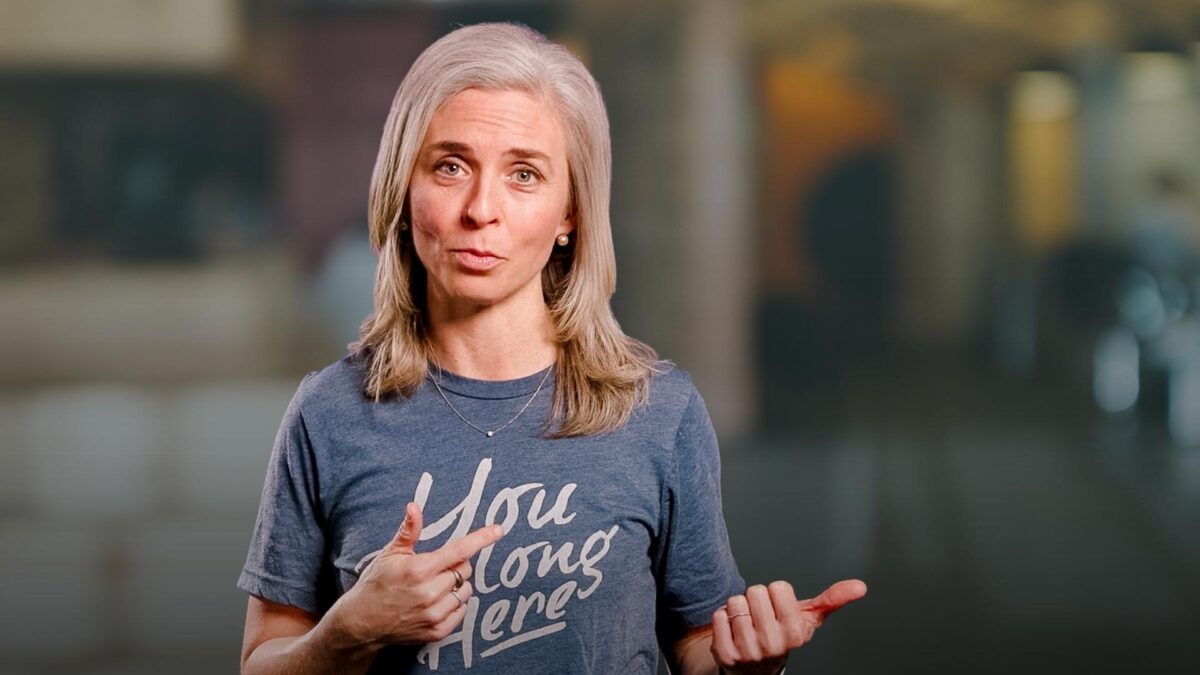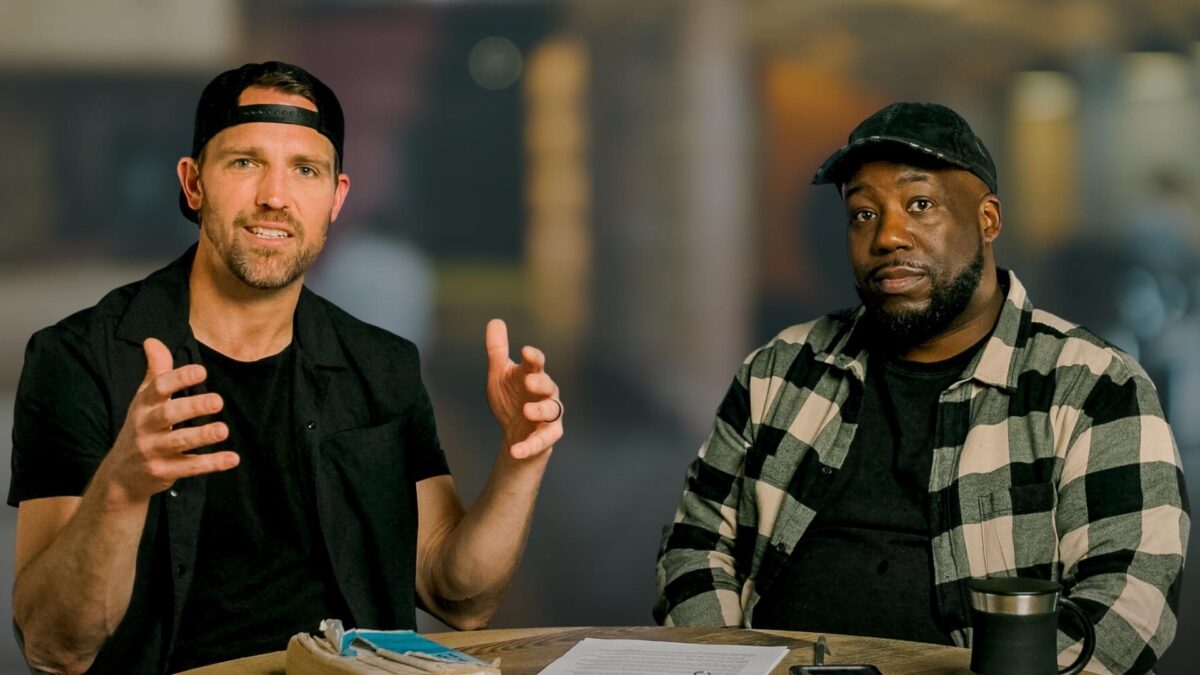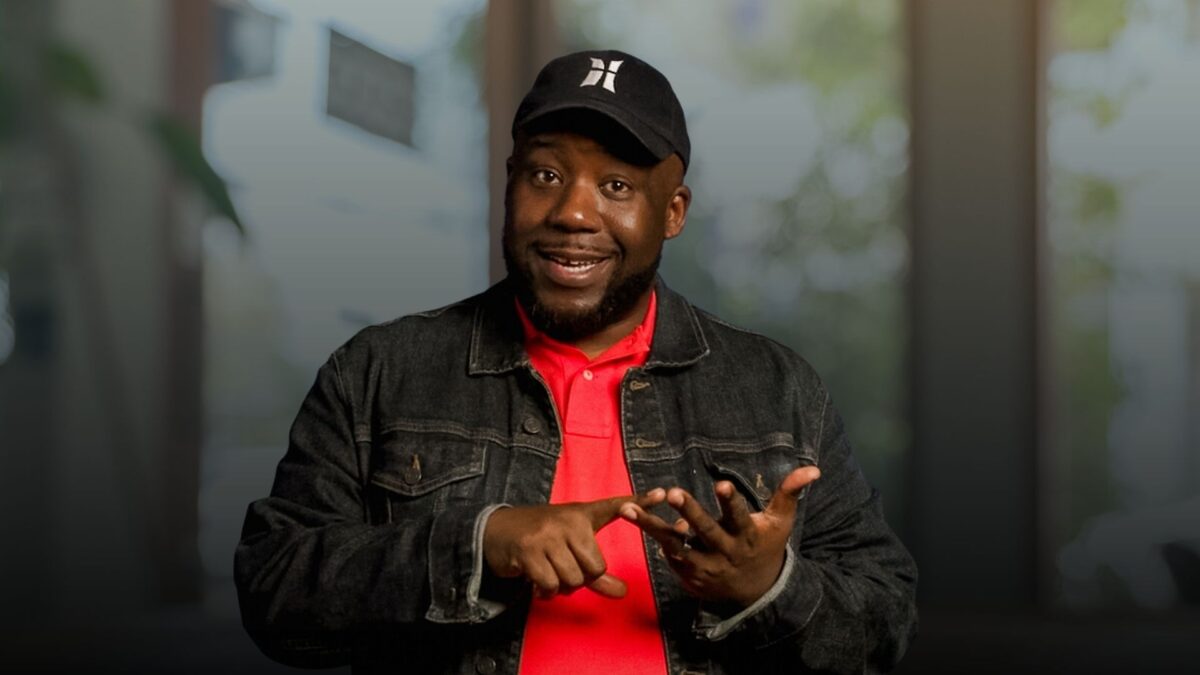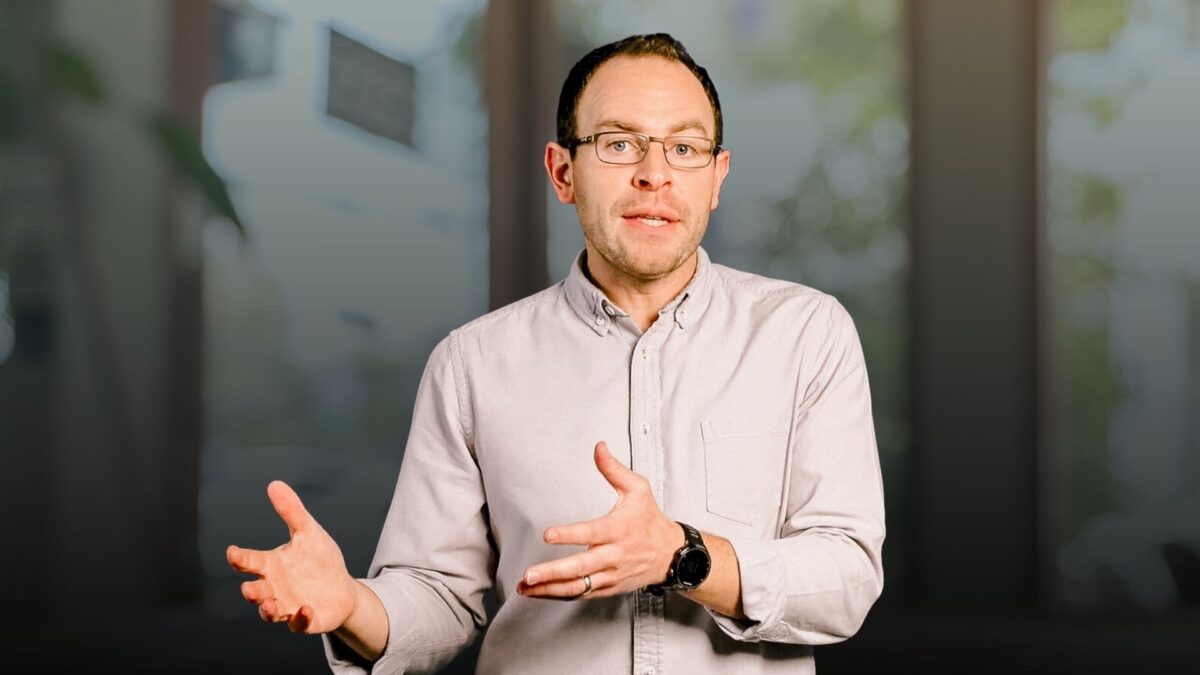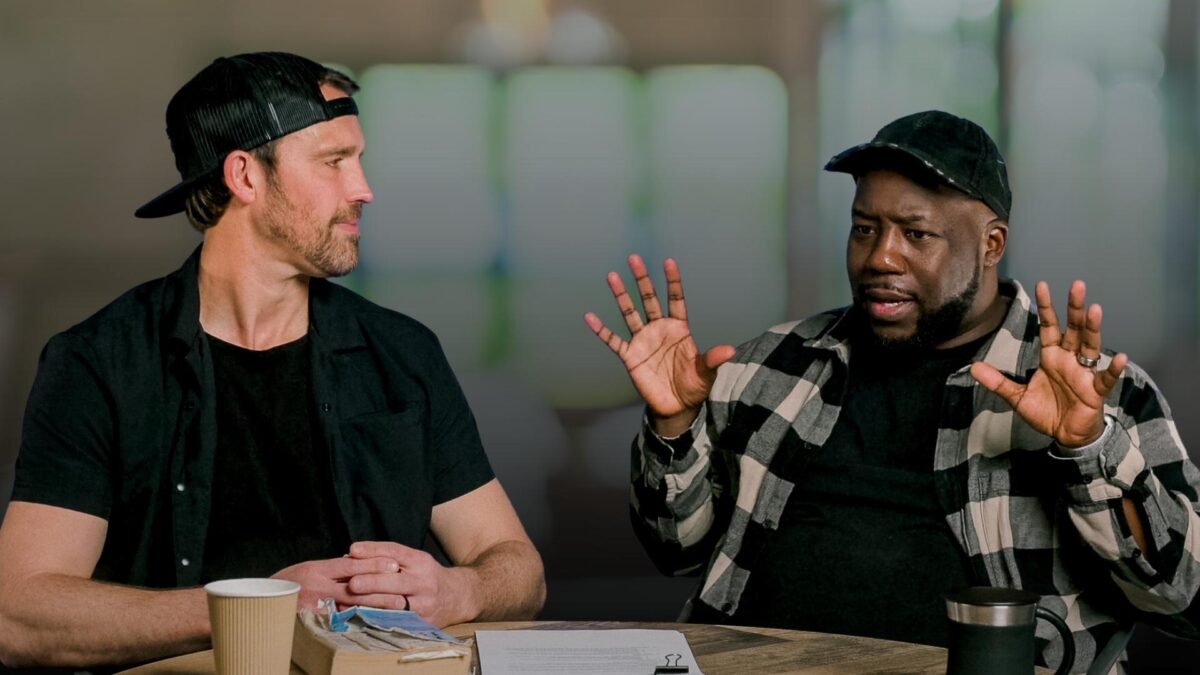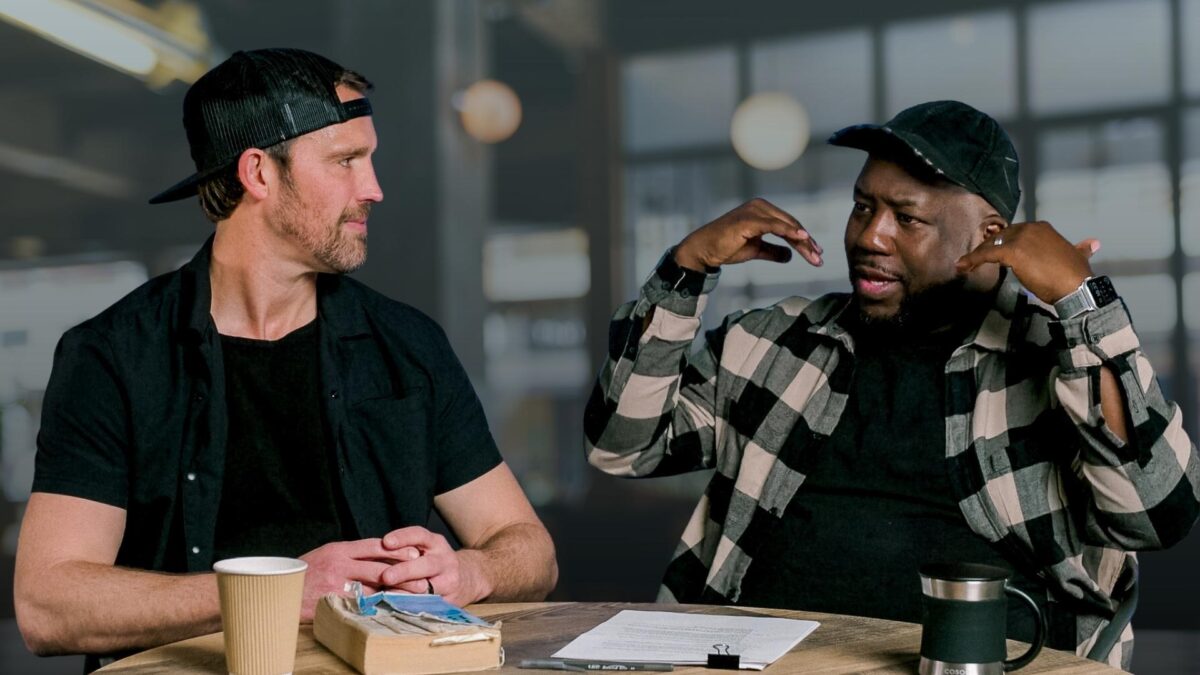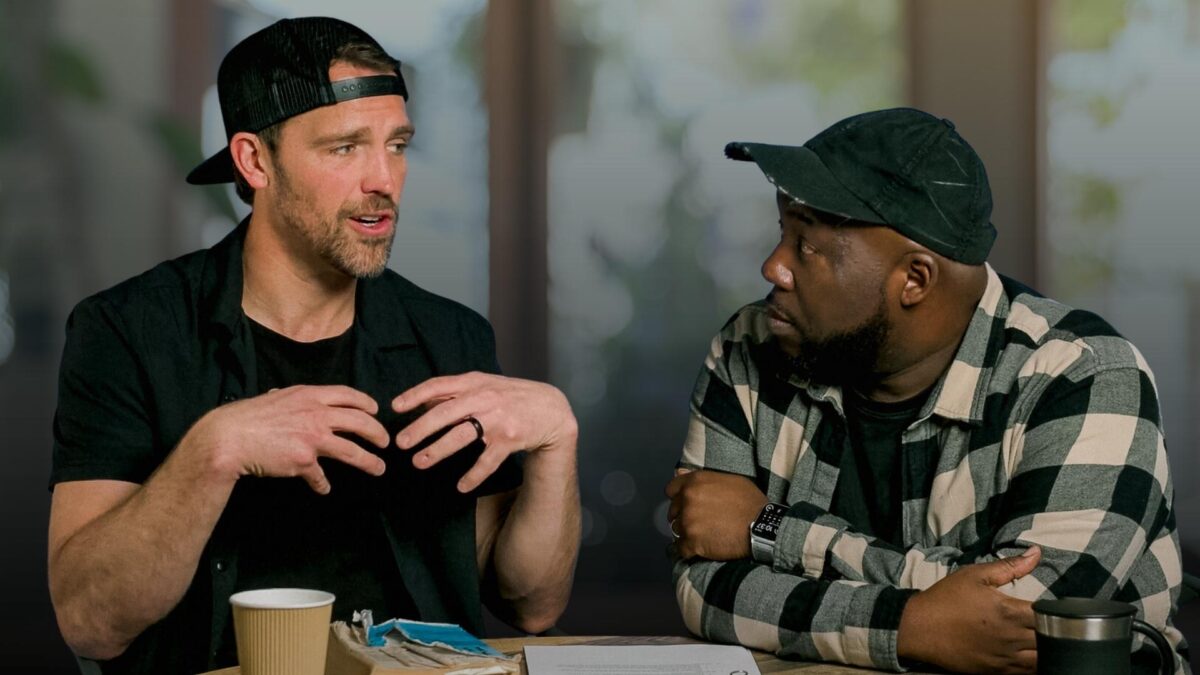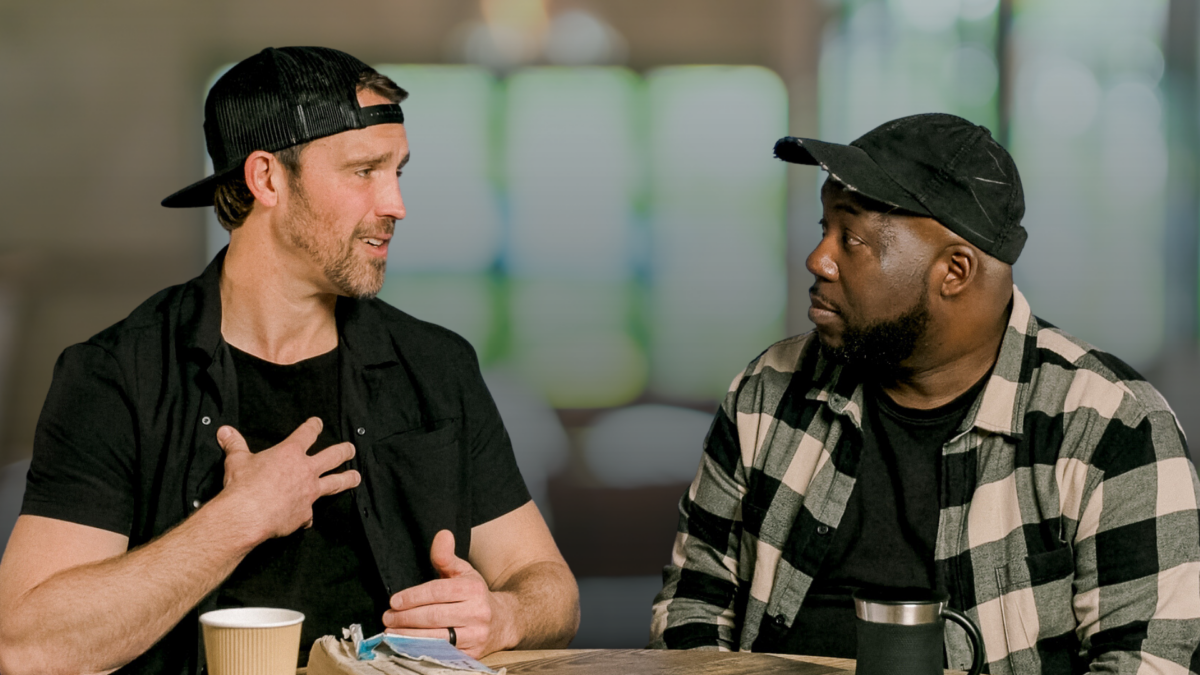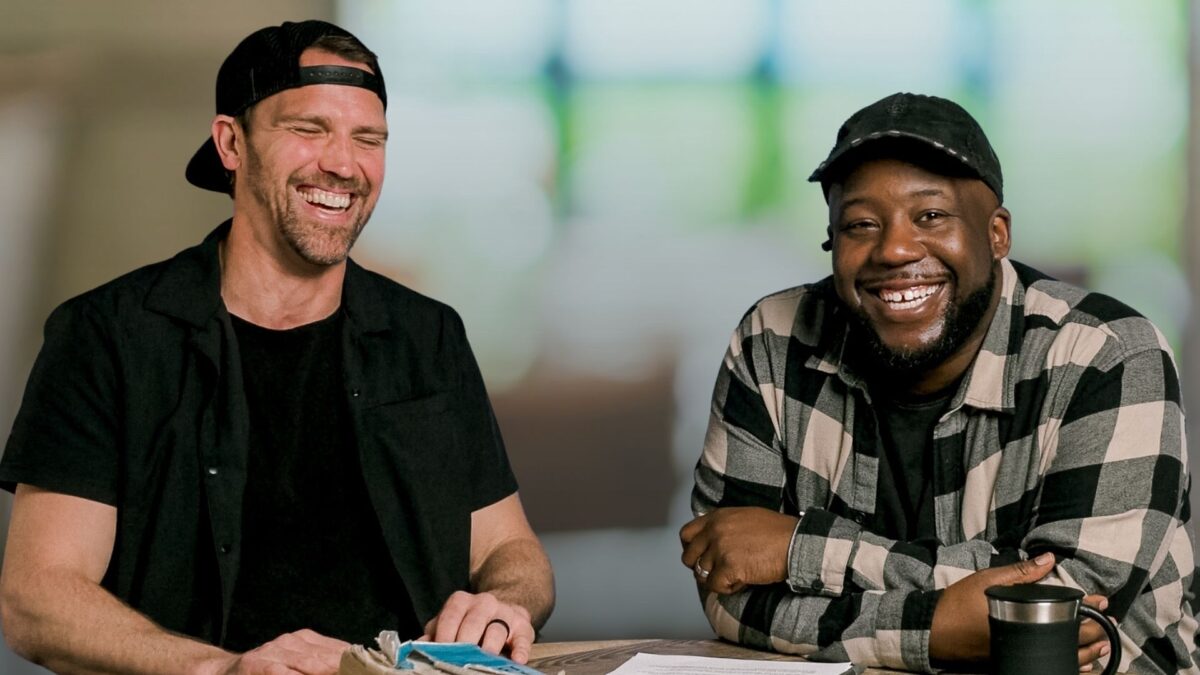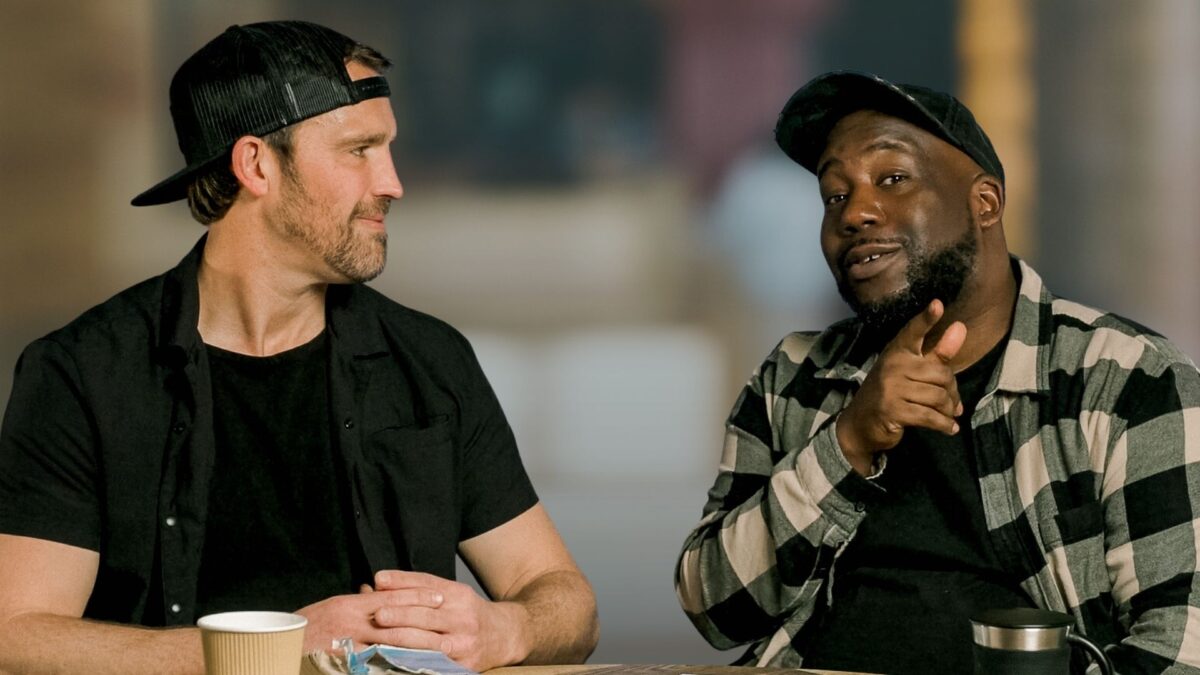What It Takes to Set Our Kids Up to Thrive
In a lot of ways, being a parent or caregiver seems to come with a passing or failing grade each day. We are largely driven by fear that our kids won’t know what they need to know to survive without us or that they’ll leave us impacted more by what we did wrong than what we did right. Added to that are the staggering stories of kids who are anxious, depressed, or even choosing to take their own lives. All of it can easily contribute to us parenting in a way that reduces our interactions with our kids to managers of behaviors and schedules and meals. We begrudge the battles we face with our preschoolers and tiptoe around our teenagers, trying not to set them off.
If you are identifying with this, it’s largely because all of our managing and fears is rooted in a good place of wanting the best for our kids. We think if we were a little wiser, or more confident, or could just finish a book on parenting or find a parenting mentor, we could set our kids up for success in spite of our weaknesses.
The bad news is that there really are no guarantees that our kids will be resilient, loving, followers of Jesus…but my guess is you knew I was going to say that.
The good news is that there is a clear and consistent way to stack the odds in your child’s favor, and YOU are the one who has the greatest amount of control over it. Yep. YOU. Broken, messy, non-parenting-expert you.
And it starts by understanding that all of the needs your child has, from their first day to their last, center around one common need: the need to be seen. A lack of adults caring and connecting with our kids can be detrimental to our kids’ emotional health and well-being, and can certainly limit their ability to believe that they are worth loving by us and by God. This separation from the truth of their self-worth limits their ability to thrive, overall, and impacts any ability for them to feel that they can make a significant impact on the world around them.
This sounds like we just added more fuel to the fear fire, but in reality, this is a golden opportunity for us as parents. Why? Because out of anyone our kids know, we have the greatest access to them. The possibility for us to CONNECT with them, encourage them, coach them, and connect with them is ours to own first and is the key to preventing despair and to providing hope.
